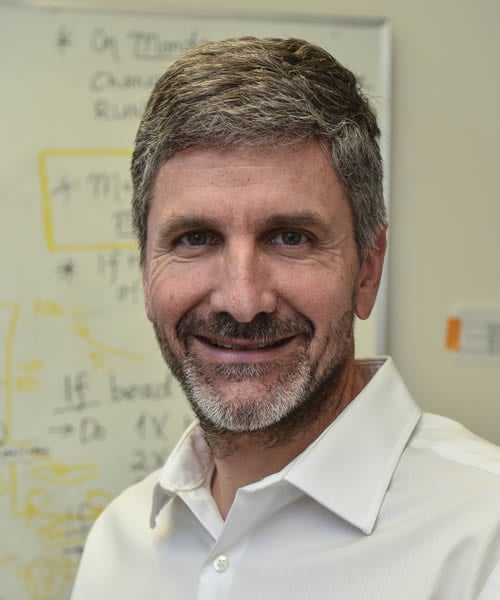December 2020 Update: The first edition of the Aging and Cancer journal was published on December 8, 2020. To see Volume One, please click here.
As you age, your cancer risk increases. It seems so obvious! And maybe because it seems so obvious, the connection between aging and cancer has received surprisingly little research attention. Basically, the story has been the longer you live, the more time you have to accumulate a cancer-causing genetic mutation, and we’ve largely left it at that: The more time, the more risk. But recent research shows that in addition to the “accumulation of mutations over time” theory, cancer requires (or at least benefits from) a host of other aging-associated changes that let these cells with dangerous genetic changes take root and grow. Some of these changes, for example those to the tissue ecosystem and the immune system, may be preventable or even reversible.

These features of age and cancer that go beyond just the idea of risk over time are the topic of a new academic journal, appropriately titled Aging and Cancer, by the publisher Wiley. The founding Editor-in-Chief will be CU Cancer Center Deputy Director, James DeGregori, PhD, the Courtenay C. and Lucy Patten Davis Endowed Chair in Lung Cancer Research at the CU School of Medicine.
For example, DeGregori points out that the immune system changes dramatically with age, but the vast majority of anti-cancer immunotherapies are tested in young mice. Is it any surprise that many immunotherapies that show promise in (young) mouse models fail to show clinical benefit in (primarily older) patients? Or, for another example among many, additional attention at the intersection of aging and cancer could help to better define how frailty indexes influence cancer treatments offered to older patients, a topic being studied at CU by researchers including Drs. Dan Sherbenou, Tomer Marks, and Elizabeth Kessler.
“It’s the elephant in the room if the elephant was wearing camouflage,” DeGregori says, “as if it’s been hiding in plain sight all this time: These aging-associated physiological changes matter.”
Academic journals help to define fields of study, providing a forum for researchers from many disciplines to display and discuss findings that come at a topic from many angles.
“When you create a new forum that highlights an area of study, it stimulates the research – it creates a community, and it helps catalyze interactions with a community. Despite the fact that it should be slapping us in the face, until now it’s mostly been individual researchers here and there,” DeGregori says. “I would say this new journal will help coalesce a field.”
The journal, which is accepting submission for the inaugural issue publishing this spring, will include research papers, brief reports, opinions, commentaries, and reviews.

“This is a multidisciplinary journal,” DeGregori says. “We want to be a forum for research that looks at these connections, from basic research through clinical studies. If it’s really good solid science and it’s relevant to our focus and making an advance, we would be the forum for it.”
Interestingly, cancer research as a whole originally defined cancer by where it lives in the body – think lung cancer or breast cancer. Then the focus turned inside-out to examine the genetics driving cancers. Now cancer research is again broadening its focus to include study of the tissues where cancer grows – the “microenvironment” that acts for or against the disease. And what this research shows is that while mutation may create the potential for cancer, it’s largely the microenvironment that decides whether or not it grows.
“If a doctor has a patient and they want to know if a patient has a high risk of getting cancer, the first thing you should ask is their age. Instead, we tend to focus on things we can do something about – you can not smoke, you can maintain your weight and exercise, and by doing these things, you can reduce your risk of cancer. But you can’t stop yourself from getting old,” DeGregori says. “However, if we understand what factors associated with getting older increase the chance of getting cancer, maybe we could develop interventions to counteract this aging-associated risk.”




